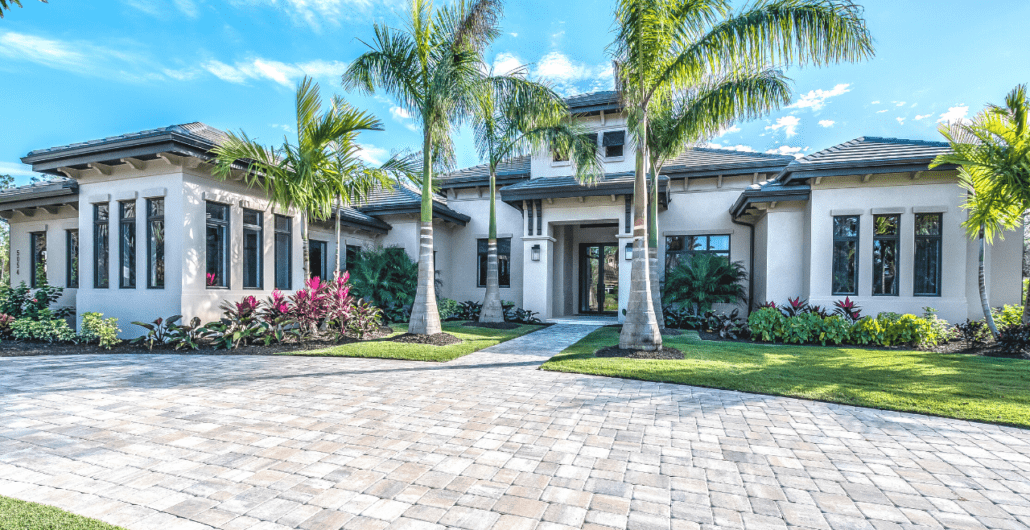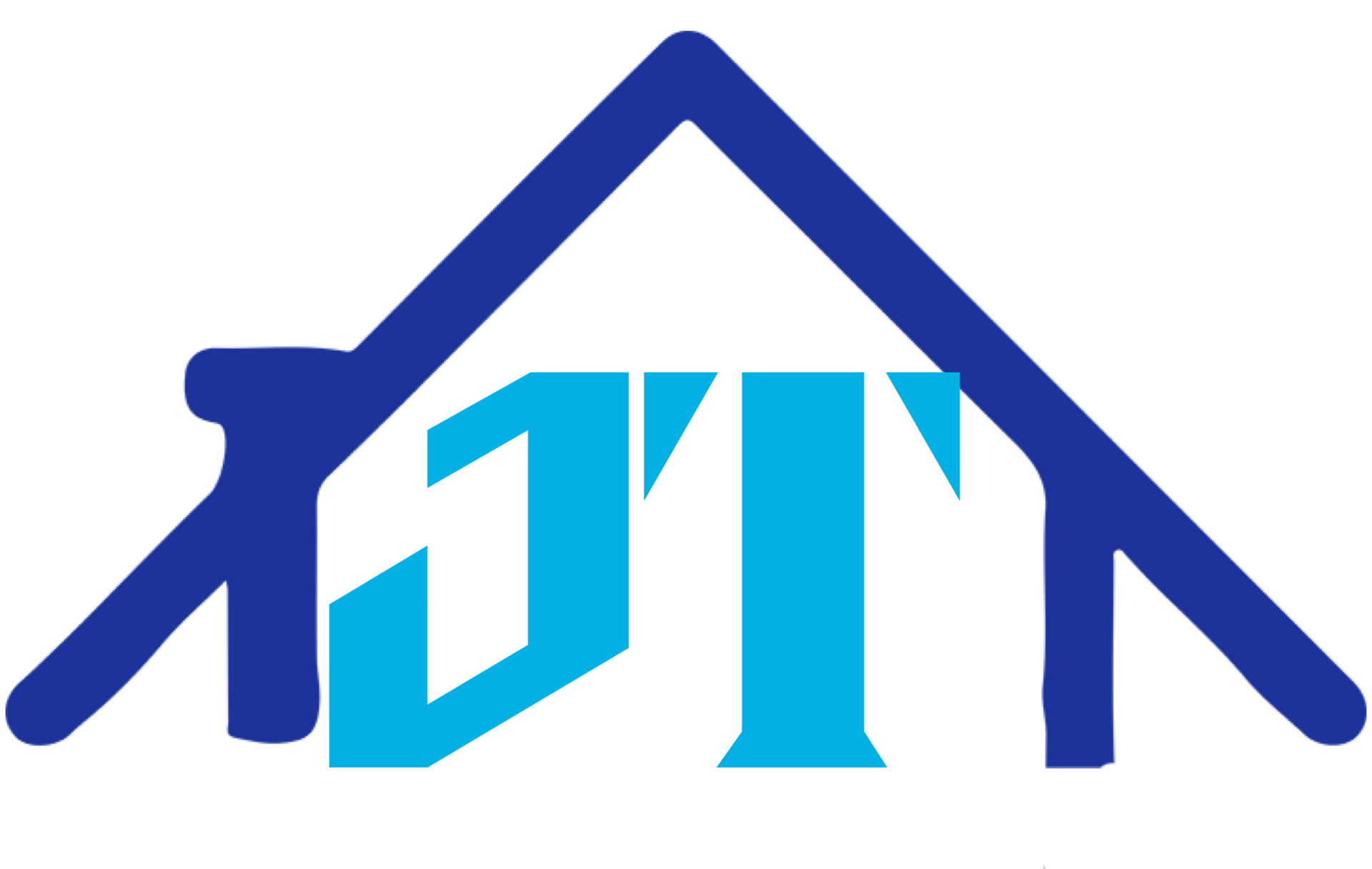What is a Jumbo Mortgage?
A jumbo home loan, often referred to as a jumbo mortgage, is a financing option that surpasses the limits established by the Federal Housing Finance Agency (FHFA). While these loans are classified as nonconforming mortgages, they must still adhere to the criteria that the Consumer Financial Protection Bureau defines as a “qualified mortgage.”
Due to their inability to be backed by Fannie Mae and Freddie Mac, jumbo loans are regarded as riskier for lenders, meaning they are not safeguarded against losses should a borrower default.
How to Qualify for a Jumbo Mortgage
Lenders set their own underwriting guidelines for jumbo loans, so eligibility requirements may vary. Make sure to get as much information as you can from each Southwest Florida lender to understand their specific requirements and underwriting procedures for a jumbo loan.
- Jumbo loans are often attractive to Southwest Florida homebuyers with more complex sources of income.With that in mind, it’s common for jumbo loans to require more paperwork and income documentation than conventional loans.
- Southwest Florida Lenders may require your FICO score to be higher than 700, and sometimes as high as 720, to qualify for a jumbo loan. Borrowers whose scores fall beneath the normal requirements usually have to offset it with a low debt-to-income ratio.
- Your debt-to-income ratio (DTI) should be under 43% and preferably closer to 36%.
- It’s not uncommon for Southwest Florida lenders to ask jumbo loan borrowers to show they have enough cash reserves to cover ten months to one year of mortgage payments.
- 30 days of pay stubs and W2 tax forms stretching back two years, in addition to bank statements and information on any investment accounts.
- If you’re self-employed, you must show two years of tax returns and at least 60 days of current bank statements.
- Jumbo loans are manually underwritten. A finance expert will go through your credit report, assets and bank statements with a fine-toothed comb and bring to light any past missteps. If you have a bankruptcy or foreclosure on your report, you’ll have a harder time getting a loan.
- Your Southwest Florida home needs to meet VA appraisal standards (it has to be “clean, sanitary, sound and safe” before you move in). When you close on your loan, a VA appraiser will take a look at the property to make sure it qualifies.
Numerous government-backed mortgage options cater specifically to moderate- and low-income borrowers. The U.S. Department of Agriculture's loan program enforces strict income thresholds, making it nearly impossible to secure a jumbo loan due to failing the debt-to-income (DTI) test.
Meanwhile, the Federal Housing Administration's loan mandates private mortgage insurance (PMI) for the duration of the loan, rendering the strategy of utilizing a piggyback loan to reduce the balance to conforming loan limits financially unwise. Borrowers may find more advantageous opportunities with non-FHA loan products.
Conversely, the U.S. Department of Veterans Affairs program allows for the acquisition of a jumbo loan. The VA insures the portion of your loan within conforming loan limits, while the down payment requirement pertains specifically to the amount exceeding those limits. In some instances, this loan can be obtained with zero down payment and without PMI.
Additionally, certain borrowers in Southwest Florida may qualify for exclusive loan programs such as physician loans, which are designed for licensed medical professionals, including doctors and dentists. This program typically provides jumbo loans with down payment options of zero, 5, or 10 percent.
Benefits of a Jumbo Mortgage
- Southwest Florida Borrowers can get fixed- or adjustable-rate jumbo mortgages with various term options.
- You can buy various types of Southwest Florida properties with a jumbo loan. As long as you meet your lender’s other requirements, there are no government restrictions on how you can use your jumbo loan. You can use most jumbo mortgages for primary residences, second homes, vacation houses and investment properties.
- While conventional mortgage loans usually require a 20% down payment, jumbo loan down payments can be as low as 5%, with 10% a more common figure.
- The average annual percentage rate (APR) for a jumbo mortgage is often par with conventional mortgages—and in some cases, actually lower.
- You have the opportunity to get more loan money to purchase a high-quality property.
Disadvantages of a Jumbo Mortgage
- Jumbo mortgage rates may be slightly higher than those on conforming loans.
- They have stricter qualification rules than other types of mortgages.
Call today (239) 822-8134 for a free quote and consultation.

Step 1
Submit Your Application Online or Call Me Directly.
Discover the amount of home you can purchase or learn how much you can save by refinancing.
Step 2
Explore Your Eligibility for Available Options
Discover precisely how much you qualify for and what savings you can achieve by partnering with Jeremy Totten.
Step 3
Securing Your Loan Approval
Obtain mortgage loan approval to proceed with your property.
Looking to navigate the world of mortgages? Meet Jeremy Totten, your trusted loan originator.
Contact us
239-822-8134
jeremy@yourlenderjeremy.com
Mortgage Solutions FCS, Inc. dba Client Direct Mortgage – Equal Housing Lender – NMLS ID:1065732. Our corporate office is located at 2700 Ygnacio Valley Rd, Ste 255, Walnut Creek, CA 94598. The content of this page is intended as general and informational messages for Real Estate Professionals and Client Direct Mortgage Borrowers. This is not a commitment to lend, and restrictions apply. For a complete list of licenses, please visit: https://clientdirectmtg.com. NMLS Consumer Access: https://www.nmlsconsumeraccess.org. All Rights Reserved.
